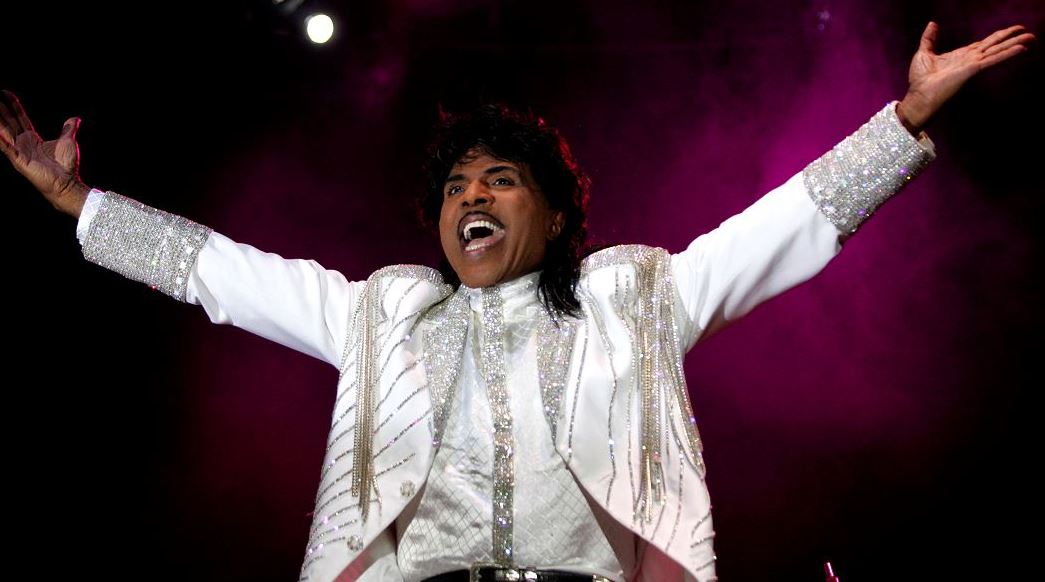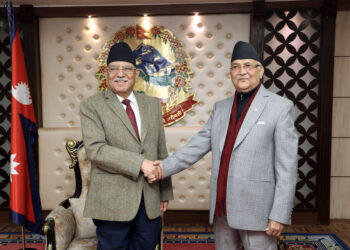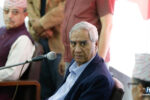CALIFORNIA: Little Richard, a founding father of Rock ‘n’ Roll, has died at the age of 87.
The pianist-singer was best known for hits including Tutti Frutti, Good Golly Miss Molly, and Long Tall Sally.
His music influenced generations of musicians and was covered by contemporaries like Elvis Presley, Buddy Holly, and Bill Haley, while numerous artists including the Beatles, the Rolling Stones, David Bowie, Rod Stewart, and Lemmy cited Little Richard as an inspiration.
Little Richard, who was born Richard Wayne Penniman in Macon, Georgia, in 1932, was famed for his outrageous showmanship and lightning-fast rhythms.
His breakthrough came when he signed to Specialty Records in 1955, releasing a string of singles that were among the wildest and most flamboyant of the era, including The Girl Can’t Help It, Lucille, Keep A-Knockin’.
The singer is credited with influencing many musicians whose fame eventually eclipsed his own.
Rolling stone reported his death on Saturday, with confirmation from his son Danny Penniman. The cause of his death is however yet to be established.
Celebrity website TMZ reported Richard’s bass guitarist, Charles Glenn, to say that he had been sick for two months and that he died at his Tennessee home.
Glenn told TMZ he spoke with Richard on March 27 and the singer asked him to visit, but he could not because of the pandemic. He said Richard was a like a father to him, and would sometimes tell him: “Not to take anything away from your dad, but you’re my son.”
In his peak in the 1950s and early ’60s, Richard shouted, moaned, screamed and trilled hits like “Tutti Frutti”, “Long Tall Sally”, “Good Golly, Miss Molly” and “Lucille,” all the while pounding the piano like a mad man and punctuating lyrics with an occasional shrill “whoooo!”
The music attracted both young black and white fans at a time when parts of the U.S. were still riddled by segregation.
Mick Jagger, Paul McCartney, James Brown, Otis Redding, David Bowie, and Rod Stewart all cited Little Richard as an influence. Jimi Hendrix, who played in Richard’s band in the mid-1960s, said he wanted to use his guitar the way Richard used his voice.
(with inputs from Agencies)









Comment